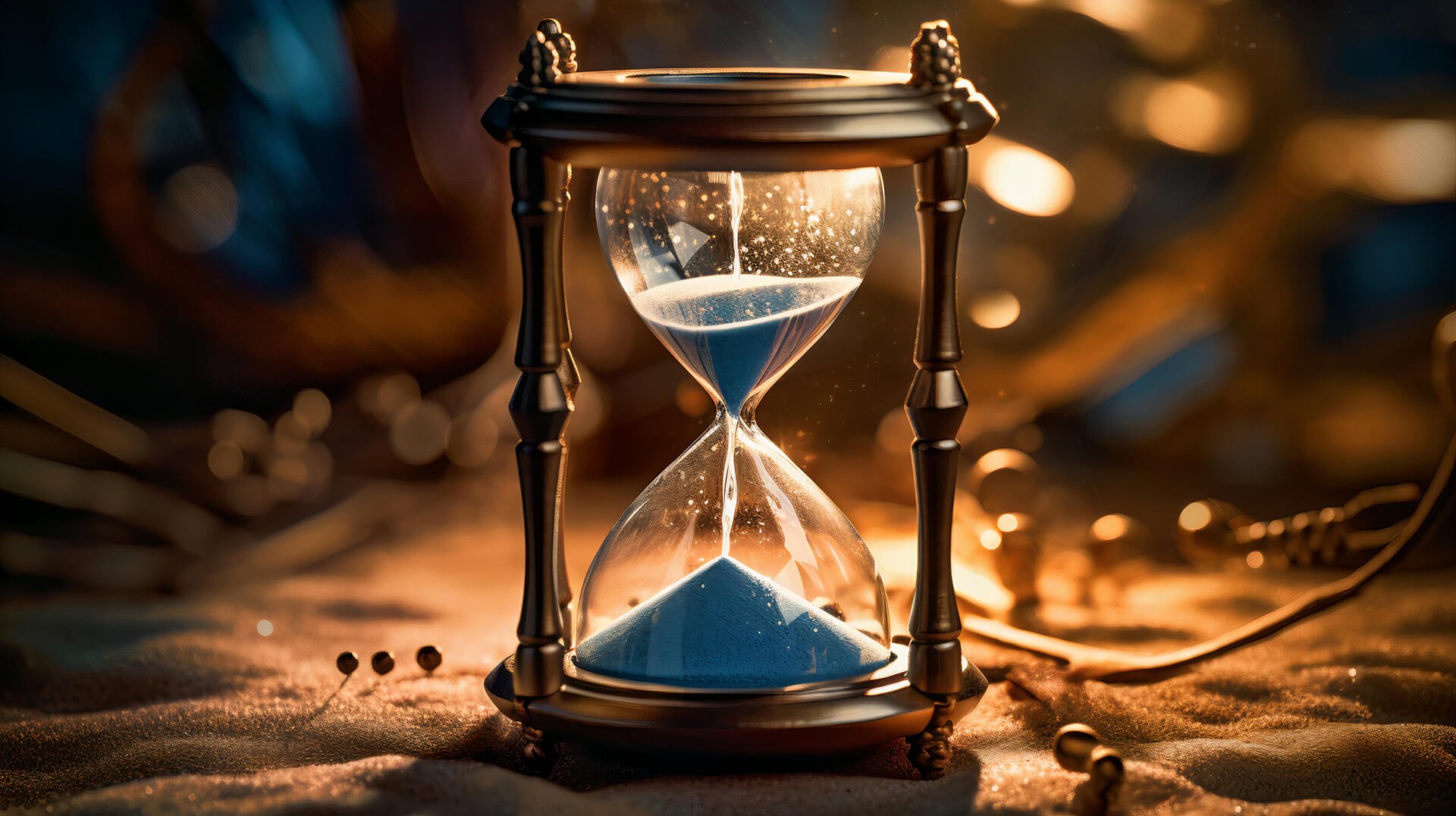Table of Contents
Introduction: Addressing the Elephant in the Room
As we begin this exploration into whether money can buy happiness, I want to address the crucial question that sets the context for our entire discussion: “Can you be happy without money?” It’s essential to understand that this article revolves around the concept of having sufficient money to truly live and thrive, not merely to exist. So, before we dive deeper, let’s tackle this fundamental query first.
Can You Be Happy Without Money? An Honest Examination
To answer the question, “Can you be happy without money?” my response would be a resounding no. In the society we’ve crafted, the stark reality is that beyond enjoying nature and the comfort of our own homes – if we’re fortunate to have one – nearly everything else carries a price tag.
The simple act of eating, once a basic human right, has become a commercial endeavor. To consume well-balanced, nutritious meals often requires a financial commitment that’s beyond reach for many. Just keeping the bills paid and the debt collectors at bay requires a steady flow of money. The government itself has identified a minimum living standard that inherently acknowledges the need for money.
One could argue that happiness can exist without money. They might point to a homeless person who, despite having nothing, finds moments of joy. However, this perspective, while valuable, is not practical for the majority. It’s particularly unrealistic for those who bear responsibilities, such as caring for children.
In essence, while it’s true that money doesn’t directly purchase happiness, it provides access to essentials and freedoms that contribute significantly to our overall well-being and contentment. Therefore, in our current societal structure, being entirely devoid of money and achieving sustained happiness seems highly improbable, if not impossible.
Having addressed that: Can Money Buy Happiness?
We have all, at some point in our lives, pondered the age-old question: Can money buy happiness? The answer isn’t as straightforward as it seems. While money can provide us with security, comfort, and opportunities, it’s not the end-all and be-all of happiness. In fact, the true essence of happiness lies in the value we place on our time.
Money and Happiness: A Complex Relationship

Every day is a bank account, and time is our currency. No one is rich, no one is poor, we’ve got 24 hours each.
Christopher Rice
Money is essential to our survival. It pays for our needs, secures our future, and provides us with opportunities. However, attaching our happiness to financial wealth can lead to an unending cycle of desire and dissatisfaction.
“Money is numbers and numbers never end. If it takes money to be happy, your search for happiness will never end.” – Bob Marley
As we grow older, our priorities shift. The fancy gadgets and luxury items that once brought us joy lose their appeal. Instead, we begin to value our time more, cherishing moments spent with loved ones and experiences that enrich our lives.
Time: The True Currency of Life
Every day, we are given 24 hours – a finite amount of time that we’re free to spend as we please. But unlike money, time is a resource we can’t earn back.
“Time is what we want most, but what we use worst.”
William Penn
Time is precious. It’s the currency of life, the only resource that, once spent, can never be regained. As we grow older, we realize that our time is finite, which makes us reevaluate our priorities.
The Value of Time Over Money
Research by the Society for Personality and Social Psychology reveals that placing a higher value on time over money is associated with greater happiness. People who prioritize their time, even at the expense of earning more money, generally feel happier and more satisfied with their lives.
“Having more free time is likely more important for happiness than having more money… Even giving up a few hours of a paycheck to volunteer at a food bank may have more bang for your buck in making you feel happier.” – Ashley Whillans
Interestingly, income levels do not significantly impact whether individuals value time over money. This suggests that the pursuit of happiness is more about how we choose to spend our time than how much money we make.
Money: A Tool for Freedom
While money in itself may not buy happiness, it does offer us a certain degree of freedom. Having the financial means allows us to make choices that can enhance our happiness. This includes what we eat, where we go, and even what we watch on TV.
However, it’s important to remember that this freedom is only beneficial when used wisely. Excessive consumption and reckless spending can lead to stress and dissatisfaction, undermining our happiness.
Harnessing the Power of Time

We tend to appreciate our money in the same way as we appreciate time. When we start running out of it, we realise the importance. We realise how important it can be.
Steven Webb
So, how can we use our time more effectively to boost our happiness? The key lies in investing our time in activities that bring us joy and fulfillment. This could mean spending more time with loved ones, pursing a passion project, or volunteering for a cause we care about.
Being mindful of how we spend our time can transform our relationship with it, making us feel richer and happier in the process.
The Pursuit of Happiness: A Balanced Approach
In the grand scheme of things, the pursuit of happiness boils down to a balanced approach. It’s about recognizing the value of both money and time in our lives, and making conscious decisions that align with our personal happiness.
After all, happiness isn’t a destination, but a journey. And on this journey, it’s not just about how much wealth we accumulate, but how we use our time that truly defines our happiness.
The Final Verdict: Is Happiness More Important Than Money?
While money can provide us with security and opportunities, it’s the value we place on our time that truly contributes to our happiness. As such, it’s safe to say that happiness is indeed more important than money.
However, it’s also important to remember that everyone’s definition of happiness is different. What brings joy to one person may not hold the same value for another. Therefore, it’s crucial to seek our own path to happiness, whether that involves wealth, time, or a balance of both.
Your Thoughts Matter
What do you value more, money or time? How do you define happiness in your own life? Share your thoughts in the comments below.
Remember, your perspective might just inspire someone else in their pursuit of happiness.
For the Love of Time
In conclusion, as we journey through life, let’s cherish our time, invest it wisely, and remember that our happiness is not tied to the amount of money we have, but the freedom and experiences that our time allows.
“Happiness is not in the mere possession of money; it lies in the joy of achievement, in the thrill of creative effort.” – Franklin D. Roosevelt


2 Responses
Thank you for sharing this Steven. As I get older I am become more and more aware of how valuable our time is. As a child it seemed like time was “limitless”, but that is not the case anymore.
Love the quotes you shared and found the survey results not surprising. Older people would value time more than younger people. 🙂
My pleasure. Yeah you’re absolutely right, it’s a shame we cannot learn to appreciate time before it starts running out.